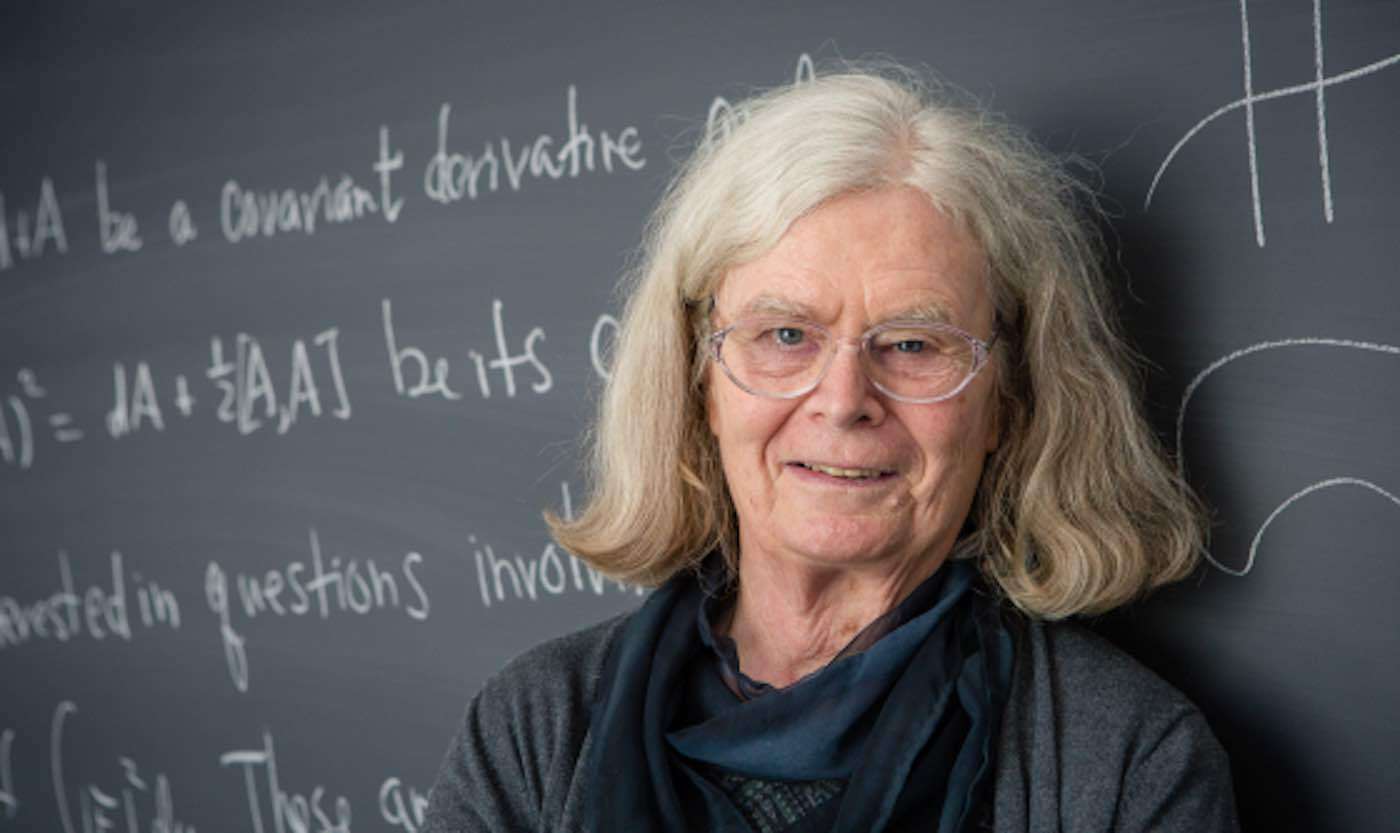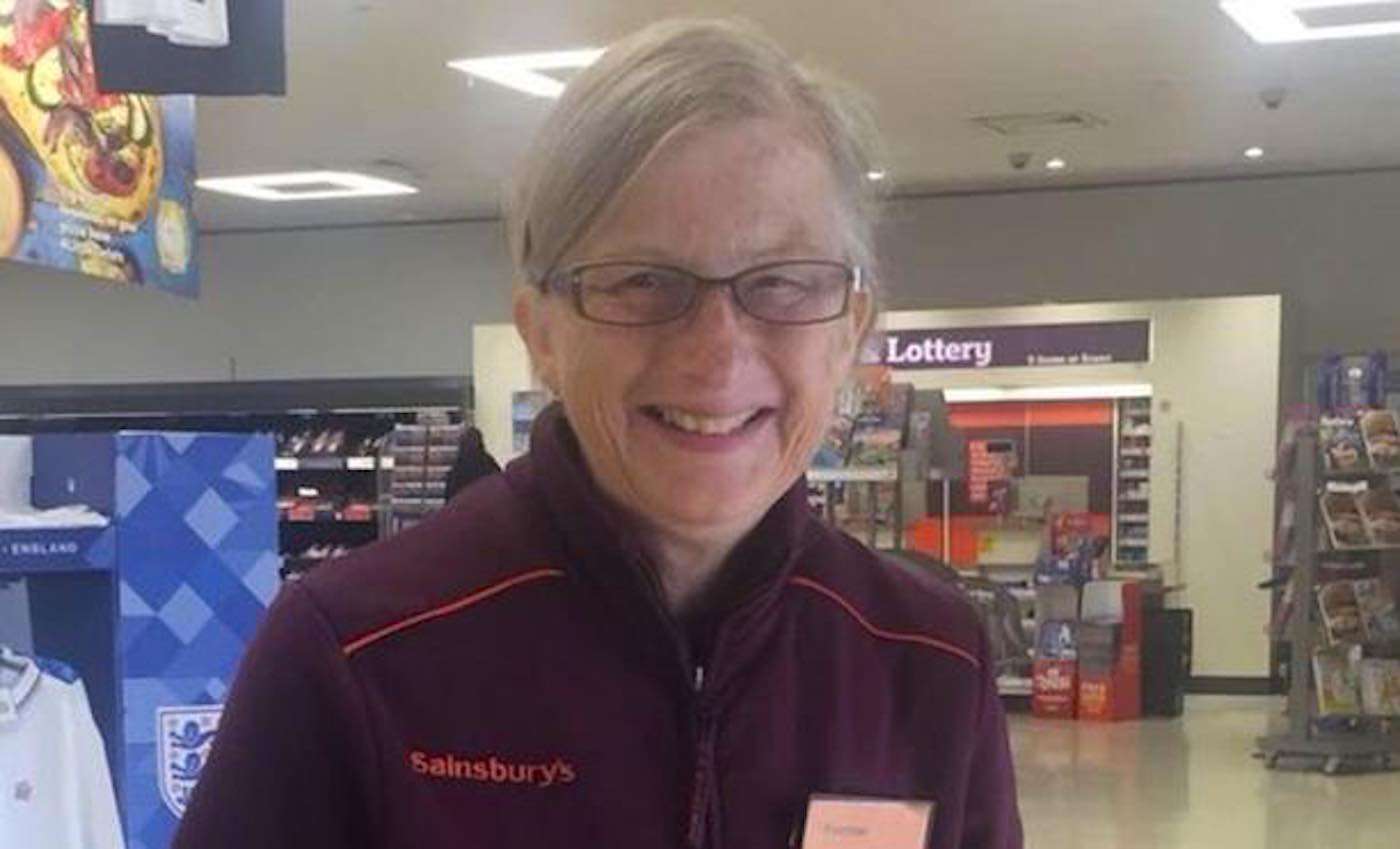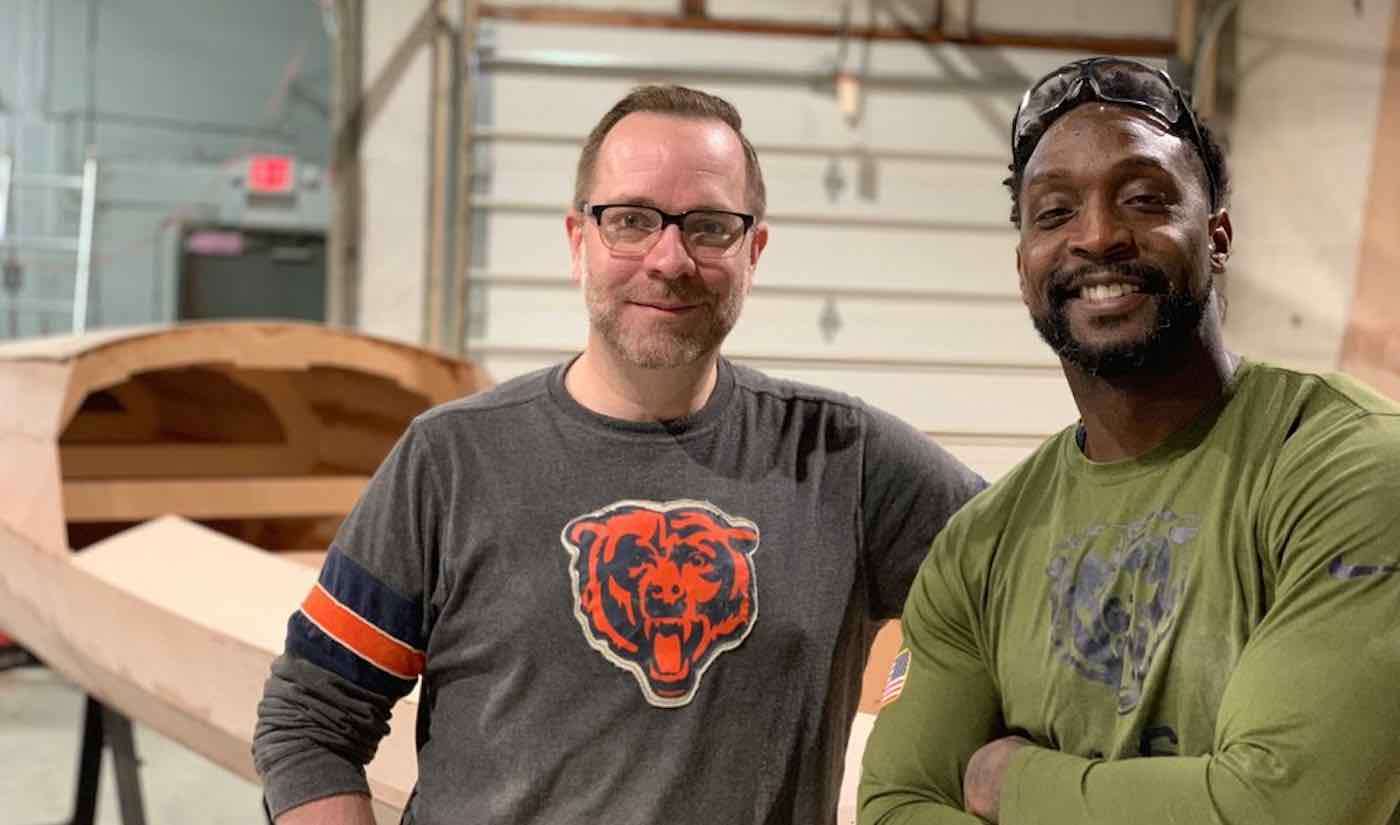For the first time in its history, the world's most prestigious mathematics prize is being awarded to a woman.
This year, the Abel Prize is being awarded to 76-year-old Karen Keskulla Uhlenbeck "for her pioneering achievements in geometric partial differential equations, gauge theory and integrable systems, and for the fundamental impact of her work on analysis, geometry and mathematical physics."
The award – which has been called the "Nobel" prize of mathematics – also comes with a $700,000 prize. The king of Norway will be presenting the prize to Uhlenbeck in Oslo in May.
According to the Norwegian Academy of Science and Letters, they decided to award the prize to Uhlenbeck for her decades of scientific contributions, the most notable of which includes her work with predictive mathematics inspired by soap bubbles.
"Her theories have revolutionized our understanding of minimal surfaces, such as those formed by soap bubbles, and more general minimization problems in higher dimensions," said Hans Munthe-Kaas, the chairman of the Abel Committee.
In addition to being a mathematician, Uhlenbeck is also a role model and an advocate for gender equality in science and mathematics. As a child, she loved reading and dreamed of becoming a scientist. Today, Uhlenbeck is a contributing scholar at Princeton University as well as the Institute for Advanced Study. She is one of the founders of the Park City Mathematics Institute, which aims to train young researchers and promote mutual understanding of the interests and challenges in mathematics.
She is also the co-founder of the Institute's Women and Mathematics program, created in 1993 to recruit and empower women to lead in mathematics research at all stages of their academic careers.
Uhlenbeck developed tools and methods in global analysis, which are now in the toolbox of every geometer and analyst. Her work also lays the foundation for contemporary geometric models in mathematics and physics.
"The recognition of Uhlenbeck's achievements should have been far greater, for her work has led to some of the most important advances in mathematics in the last 40 years," said Jim Al-Khalili, Royal Society Fellow.
It's Not Hard To Calculate That You Should Share The Good News With Your Friends On Social Media – Photo by Andrea Kane / Institute for Advanced Study










Be the first to comment